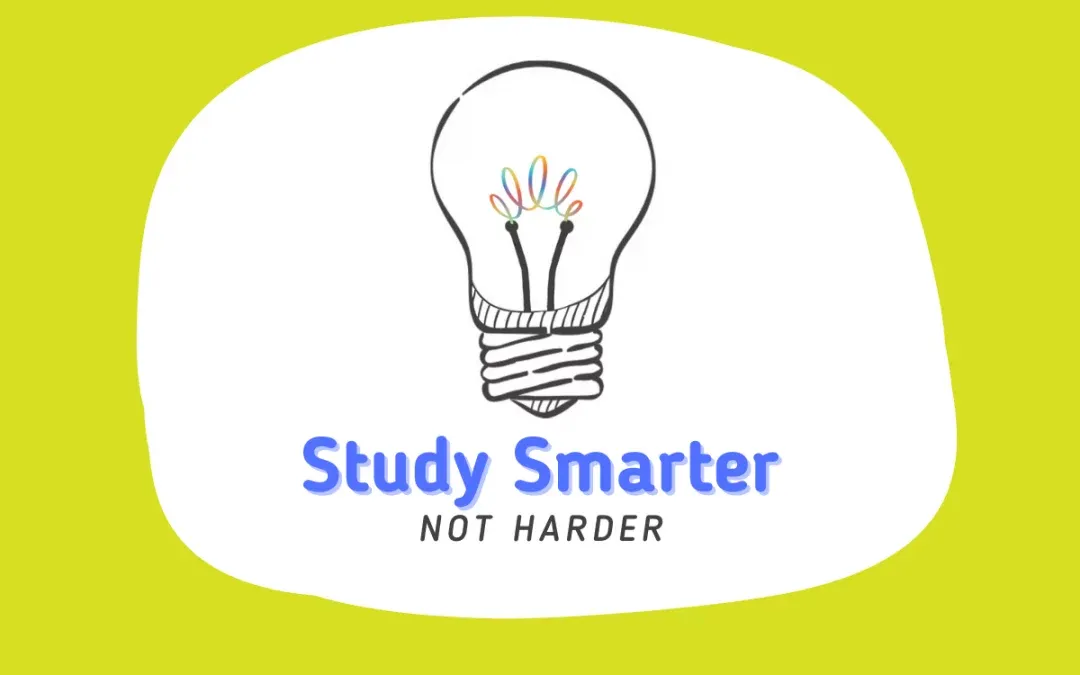
As an Academic Success Coach for students, I cannot tell you the number of times students have said, “I just need to study harder!” When I hear this statement, I often counter with the question, “But what does ‘harder’ actually mean? What does that look like to you?”
For most students, studying harder means a major cram session right before an exam – spending several hours reading through material and neglecting sleep. When the test comes and they don’t do as well as they had hoped, students often become frustrated and return to the thought, “If I just study harder, I’ll do better,” and the cycle continues. Maybe it’s time to stop studying harder and start studying smarter:
Spaced Practice
Research has shown that cramming for a test is not the most effective method for retaining information. A more effective method is spaced practice. Spaced practice is a technique where you review information multiple times over an extended period of time. By spreading out the information, you are giving your brain “space” to properly absorb new knowledge and move it into long-term memory.
Memory Techniques
During spaced study sessions, look for ways to incorporate effective memorization techniques. Here are two memory techniques to explore:
- Keyword Association: Keyword association connects new information to similar words (either in sound or spelling) and visuals. For example, to remember that gato means cat in Spanish, you might visualize a cat sitting on a gate. This works because the words “gate” and “gato” are similar in spelling.
- Use Rhythm and Rhyme: Ever notice that you can sing along word-for-word with almost every song on your favorite radio station? Why not apply this strategy to your study time? Take your information and turn it into a song or rhyme. Think back to your early elementary days. Kindergarten teachers understand that singing the ABC’s is much more effective than having a student write them down repeatedly.
- For additional memory techniques, check out this article from VeryWellHealth.
Self-Quizzing
At the end of each short study session, take a bit of time to quiz yourself. Use a combination of methods that activate multiple senses. Try flashcards – either the paper version or an online flashcard program. You could also have a friend or family member quiz you on the information. The important thing is for you to identify the information you didn’t know well, so you can spend more time on that concept during your next study session.
Written by Shea Marshall
